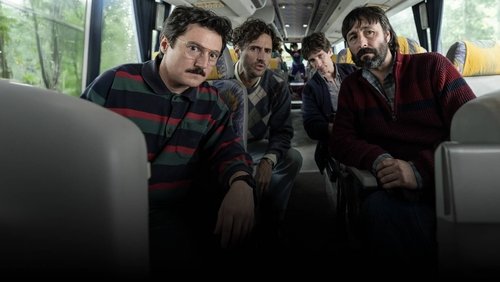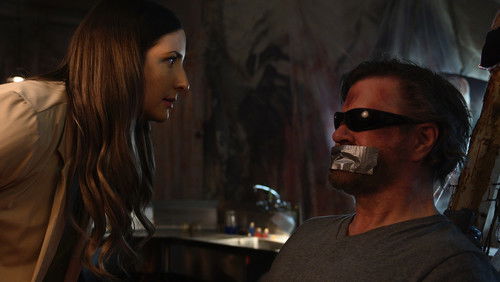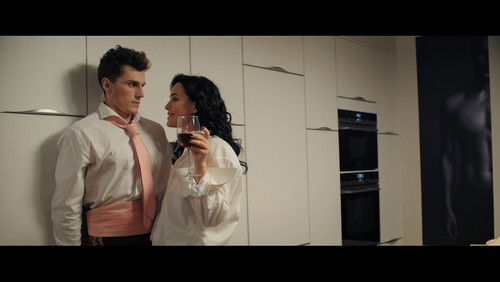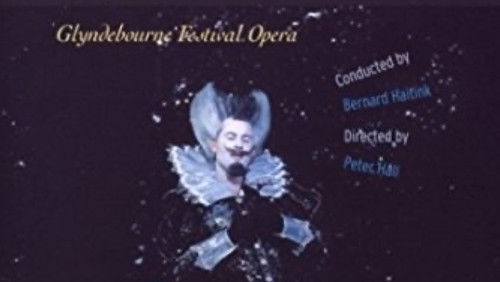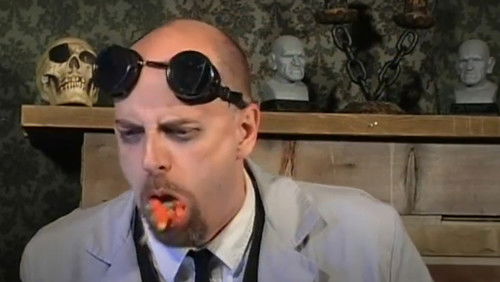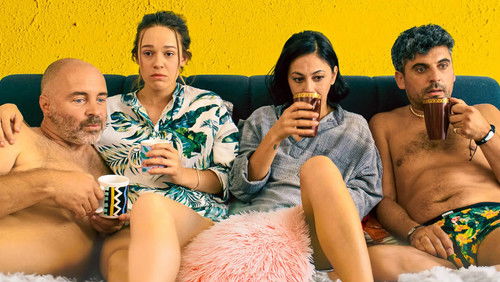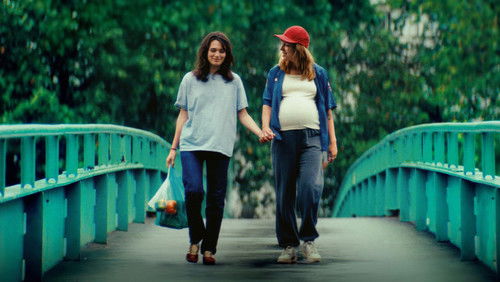Shakhmatnaya goryachka (Short 1925)
39KShakhmatnaya goryachka: Directed by Vsevolod Pudovkin, Nikolai Shpikovsky. With José Raúl Capablanca, Vladimir Fogel, Anna Zemtsova, Natalya Glan. With an international chess tournament in progress, a young man becomes completely obsessed with the game. His fiancée has no interest in it, and becomes frustrated and depressed by his neglect of her, but wherever she goes she finds that she cannot escape chess. On the brink of giving up, she meets the world champion, Capablanca himself, with interesting results.
“From afar, this is a simple film, as funny as Buster Keaton in his best day and at least half as inventive – but without the acrobatics. It is a funny vignette, about obsession and love subsumed into plan.u003cbr/u003eu003cbr/u003eBut there is more to it. Say you have noticed the subterranean waters that connect Franco-Russian cinema into one, and have perhaps noticed that Eisenstein accomodated fractures for the eye while Epstein for the mind; you will want to take a look at this, the most French film made by the Soviets at the time, decades before the French would actually make them.u003cbr/u003eu003cbr/u003eThe film is about chess. Two levels therein, as in film noir; down below the pawns, moved about according to some inscrutable whim, now and then facing extinction, and on the higher level gods pulling the strings, according plan and movement. This is generally about the game, now notice how the game becomes self-referential in-sight.u003cbr/u003eu003cbr/u003eOn the outer level there is a Grand Chess tournament, ostensibly real footage of national champions conniving each other over a chess board. Propped before an audience is a giant chess board, where the movements of the players are replicated for the audience to participate – everyone is looking at the screen transfixed, itu0026#39;s a primitive screen, cheering or keeping notes.u003cbr/u003eu003cbr/u003eAnd the nested level inside; a story of love thwarted by a manu0026#39;s morbid obsession with chess. The woman confronts him about it. But it turns out, the world entire is chess. Chess as structured life, the Soviet dream. Even kids are playing it, policemen with those just arrested. The dismayed man walking out of his girlfriendu0026#39;s apartment, staggers onto a floor painted like a chessboard – he moves around as though pulled by strings.u003cbr/u003eu003cbr/u003eThe denouement takes place on the outer level, back in the tournament hall. The woman, who has newly discovered the wonders of chess, has shattered the juvenile love she clinged to for happiness; instead, she concedes to be part of the plan, the board where life is arranged into pattern and there to move and be moved. You may read what you want into this, but there is power behind the idea; love, that is to say emotional love, is not allowed final say here. Higher laws govern.u003cbr/u003eu003cbr/u003eSelf-reference; games of fiction; role-playing; and chess as the metaphor that weaves them together. This is what the French made a film culture of – it is certainly nothing like what we know of Pudovkin from his subsequent features. Iu0026#39;d like to think that people like Chris Marker, Jacques Rivette, Raoul Ruiz – who departed just a few days ago – would have adored this. I know I will.”
